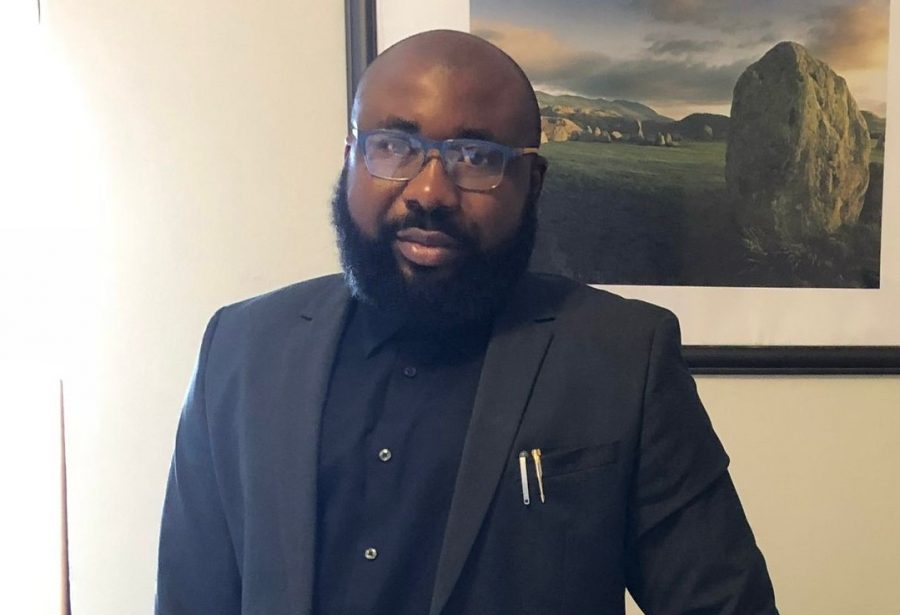Manufacturers and service providers under the Organised Private Sector of Nigeria (OPSN) have expressed their worries over how to pay the Value Added Tax (VAT) and to who.
They urged the Federal Government to clear the controversy.
The OPSN comprises the Manufacturers Association of Nigeria (MAN), the Nigeria Association of Chambers of Commerce, Industry, Mines and Agriculture (NACCIMA), Nigeria Employers Consultative Association (NECA), Nigeria Association of Small Scale Industries and the Nigeria Association of Small and Medium Enterprises.
VAT is a sales tax paid when goods are purchased and services are rendered. It is charged at 7.5 per cent.
Chairman OPSN, Taiwo Adeniyi, at the weekend, said the controversy had created uncertainty for businesses, especially on the collection and remittances of VAT.
“We are aware that by September 21 we will get penalised if we do not pay or remit the VAT for the month of August.
“We are also aware that laws are not made in retrospect. It then means that even if those laws have been enacted, particularly the Lagos State law which came into effect in September, it will not affect the payment by businesses in the state.
“Due to our remittances, we have issues with the fact that the law for Rivers was made in August and the majority of the businesses in Lagos usually will have a relationship with the Rivers State Inland Revenue too.
“The confusion in the public space is the reason we are calling on the government to come to our aid as we want to pay.
“It is for the government at the centre to make a pronouncement as to what becomes of us,” he said.
Adeniyi, who is also the NECA President, said the situation had the potential to make businesses pay double VAT in view of demands by the FIRS and state governments.
He said businesses, as the collecting agents, were unclear on the authority to remit to.
“It is a popular saying that where two elephants fight, it is the grass that suffers.
“It is no longer news that Nigerian businesses have been battling with myriads of challenges, making the survival of enterprises and ease of doing business in the country among the worst in this part of the world,” he said.
Also yesterday, Ondo State Governor Oluwarotimi Akeredolu, said the amendments to the Constitution being sought by the Federal Inland Revenue Service (FIRS) would be killed at the Houses of Assembly.
The agency had written the National Assembly to propose that VAT should be included in the Exclusive Legislative List.
Akeredolu said the law does not empower the Federal Government to collect VAT and share with the states, adding that the VAT should be under the states.
“That’s the position of the law. The FIRS seeking amendment is a confirmation that they don’t have the power. The amendment will be dead on arrival.
“Why seek an amendment to a constitution when the provision is so clear?” Akeredolu said.
The governor, who spoke on ‘Arise TV Sunday Talk Show’, insisted that if the Federal Government was to collect VAT for states, it could only get a percentage.
“You can only collect VAT on behalf of the states and hand their money over to them. You can only take percentage there for helping us to collect the money,” he said.
Chairman of the Revenue Mobilisation Allocation and Fiscal Commission (RMAFC), Elias Mbam, believes the issue should be resolved politically.
He said: “On the VAT, I am reluctant to comment on it because it is in court and the lawyers say it is subjudice but I will make a personal observation.
“I think we are overheating the process and it is not as simple as many people see it and I don’t think court will be the answer. A table like this will provide a better answer.
“It is a complex issue that I believe it shouldn’t be. We need to sit down at the table and consider the realities on the ground and get clarity as a country.
“Remember if you make VAT become a state issue, a state can increase its own rate to 10 per cent.
“So, the goods you charge four per cent, by the time it gets to my state, I can give you 10 per cent or you take it back. It is better we sit down and talk to ourselves.
“Remember, VAT is not part of our money or what we allocate. VAT sharing formula is different.
“The sharing formula is that the Federal Government gets 15 per cent, the state gets 50 per cent and the local government 35 per cent as against what I read.
“Then when the state gets 50 per cent, they have 50 per cent equality of that share, then they have 30 per cent based on population and then 20 per cent on derivation.
“If the derivation is a problem then they can say, if we generate this money, 20 per cent is too small for us, let us agree on something else.
“But to say we go to court and struggle, it will not end anywhere. Let us sit down and talk it over.”
The confusion arose from the August 9 judgment of Justice Steven Pam of the Federal High Court in Port-Harcourt, the Rivers State capital, which voided the VAT Act and empowered states to collect VAT.
Following the judgment, Rivers and Lagos states passed laws empowering them to collect VAT.
The FIRS appealed the judgment but lost an application for a stay of its execution.
But the Court of Appeal on September 10 ordered parties to maintain status quo ante-bellum.
Dissatisfied, the Rivers government urged the Supreme Court to set aside the Court of Appeal ruling ordering status quo.
It also urged the apex court to disband the Appeal Court panel and order the constitution of another one to hear the case.
Last Thursday, Rivers and Lagos urged the Court of Appeal to stop FIRS from collecting VAT pending the determination of the issues.
A Senior Advocate of Nigeria (SAN), Chief Mike Ozekhome, had argued that the Court of Appeal order on status quo empowered Rivers to collect VAT.
“Clearly, the status quo ante bellum was before the breakout of the hostilities.
“The law (Rivers VAT law) was already in operation before the FIRS challenged the validity of the judgment that had given the Rivers State Government the power to collect the VAT.
“So, the status quo is that it is the Rivers State Government that has the power to collect VAT, until perhaps, the Court of Appeal rules otherwise and set aside the FHC judgment.”






2 Comments